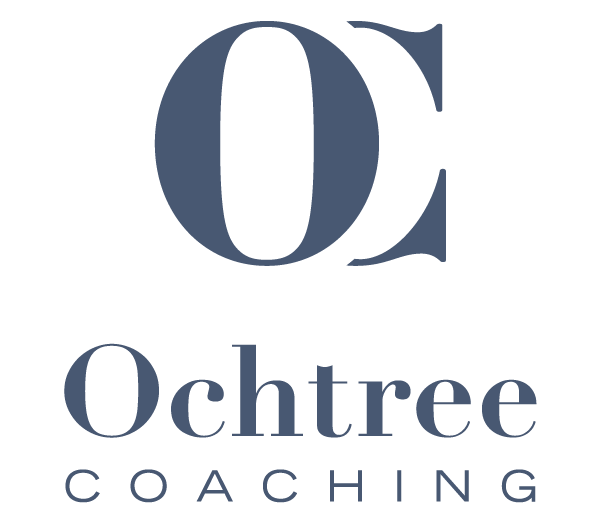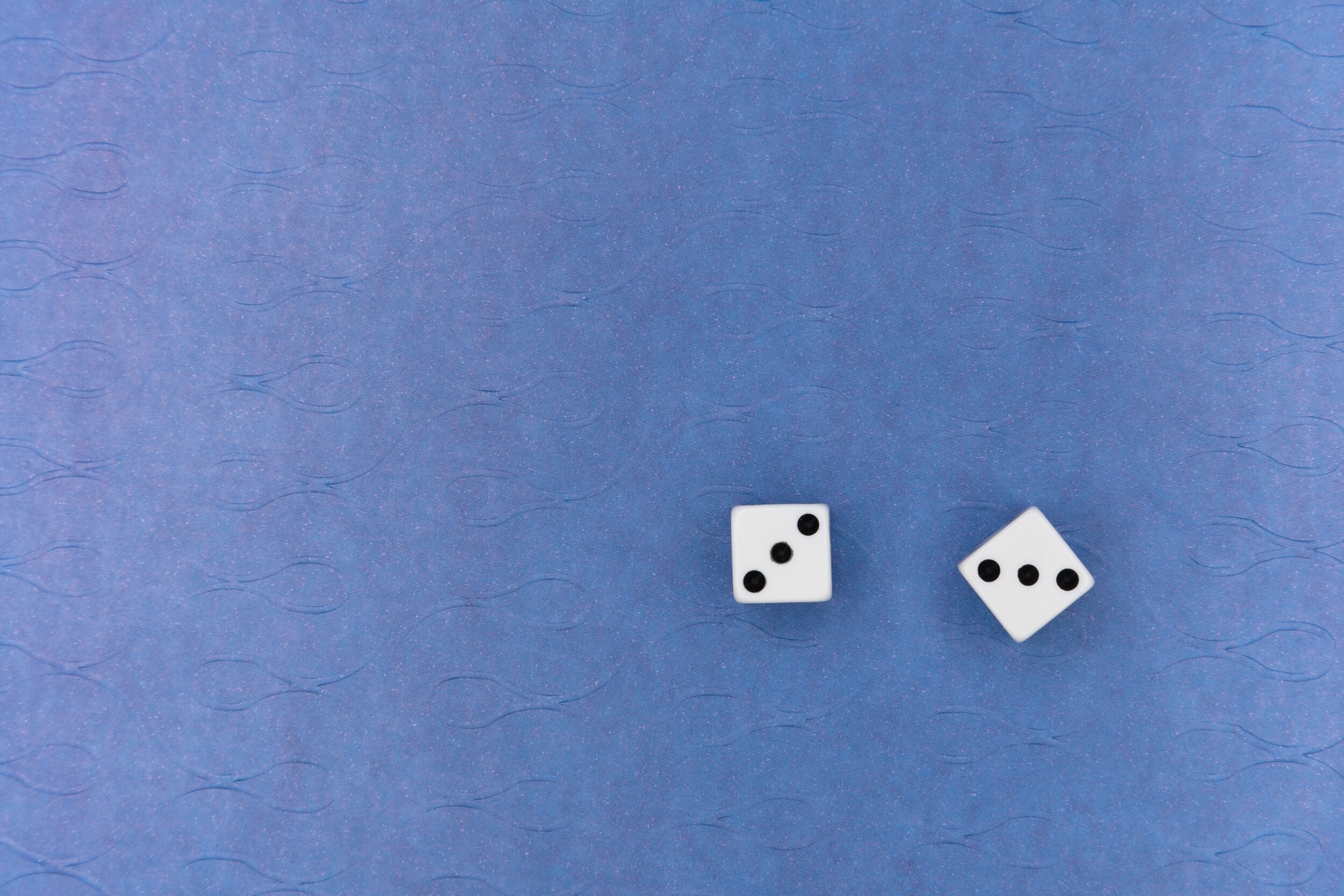Unlike Us

It’s the New Year and resolutions are abundant.
We may want to lose bad habits, or we may want to gain good habits. Either way, habits are hard to change; and, most likely, we’ve tried this before.
The good news is that we’re still trying.
This year, how can the results of our resolutions be different? One way is to be more “unlike” ourselves. Being more unlike ourselves may sound counter-intuitive, but all of us have conditioned or automatic responses that show up in the form of habits . . . eating when bored, drinking to take the edge off a long day, avoiding exercise because it’s hard, etc.
Being unlike or different from our usual selves requires making different choices than we normally make. If I always have dessert when it’s a special occasion, being unlike me would mean not having the dessert, no matter how special the occasion.
To be unlike me requires that I catch myself in the act of what I must now define as distorted thinking and behavior and that I be honest with myself when this distortion occurs.
The predictable and distorted thinking may go something like this: “It’s David’s birthday so just this once I’ll have a piece of cake,” or, “It doesn’t really matter anyway; I’ll start again tomorrow.”
To be unlike ourselves is to recognize our distorted thinking and not fall for it. Not even just this once. In this way we begin to break the cycle of our conditioned and habitual responses and start new patterns of thinking and behaving.
Being more unlike us is one way to make our New Year’s resolutions more successful this year.






